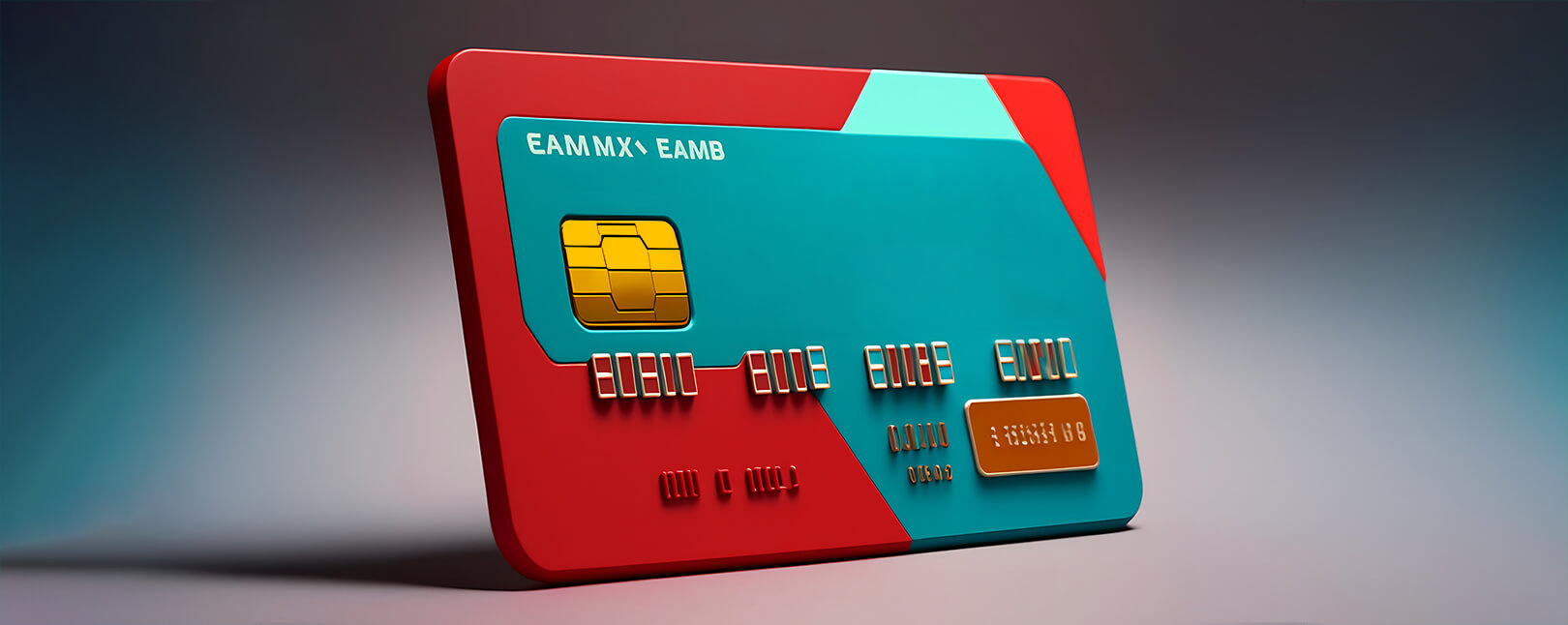Can Credit Card Skimmers Read Chip in UAE?
Credit card skimming has been a prevalent issue in the United Arab Emirates (UAE), as it poses a significant threat to consumers’ financial security. With the introduction of chip-enabled credit and debit cards, there has been a common misconception that these cards are immune to skimming attacks. However, it is essential to understand the technology behind credit card skimmers and whether they can read the chip in the UAE.
Understanding Credit Card Skimmers
Credit card skimmers are illegal devices designed to capture and store data from the magnetic stripe of a credit or debit card. These skimming devices are often installed discreetly on ATMs, point-of-sale terminals, or even handheld devices used by dishonest cashiers. Once the data is captured, criminals can create counterfeit cards or make unauthorized transactions, putting cardholders at risk of financial loss and identity theft.
Chip-Enabled Cards and Skimming
Chip-enabled credit and debit cards, also known as EMV (Europay, Mastercard, and Visa) cards, use an embedded microchip to store and protect cardholder data. Unlike traditional magnetic stripe cards, the chip generates a unique transaction code for each payment, making it extremely difficult for criminals to create counterfeit cards or replicate the transaction data.
Can Credit Card Skimmers Read the Chip in the UAE?
In the UAE, the adoption of chip-enabled cards has been widespread, and financial institutions have been proactive in issuing these more secure cards to their customers. As a result, the prevalence of skimming incidents has decreased significantly. However, it is important to note that while chip technology provides a higher level of security, it is not entirely immune to fraudulent activities.
Types of Skimming Attacks in the UAE
Even with the introduction of chip-enabled cards, criminals have adapted their tactics to target unsuspecting cardholders. One such method is known as “shimming,” where fraudsters insert a thin, card-sized device containing a microchip and flash storage into the card slot of an ATM or point-of-sale terminal. This device can capture data from the chip, allowing criminals to create cloned cards with stolen information.
Protecting Your Chip-Enabled Card in the UAE
While chip-enabled cards offer enhanced security, it is essential for cardholders in the UAE to remain vigilant and take proactive measures to protect their financial information. Here are some tips to safeguard your chip-enabled card from skimming attacks:
1. Regularly Monitor Your Account Activity: Keep a close eye on your card transactions by reviewing your account statements regularly. Report any unauthorized or suspicious activity to your bank immediately.
2. Use ATMs at Secure Locations: When using ATMs, choose those located in well-lit and high-traffic areas. Inspect the card slot for any signs of tampering or suspicious devices before inserting your card.
3. Stay Informed About New Skimming Techniques: Stay updated on the latest skimming methods and be cautious of any unfamiliar devices attached to card readers or payment terminals.
4. Enable Transaction Alerts: Many banks in the UAE offer transaction alert services, allowing you to receive real-time notifications for any card transactions. Take advantage of this feature to stay informed about your card activity.
5. Protect Your Personal Identification Number (PIN): When entering your PIN at ATMs or point-of-sale terminals, shield the keypad to prevent anyone from observing or recording your PIN.
6. Consider Contactless Payments: Some chip-enabled cards in the UAE support contactless payments, which use near-field communication (NFC) technology. This allows you to make secure transactions without physically swiping or inserting your card.
Future of Card Security in the UAE
As technology continues to evolve, the UAE’s financial institutions are exploring advanced security measures to combat skimming and other fraudulent activities. This includes the implementation of biometric authentication, tokenization, and artificial intelligence to detect and prevent unauthorized transactions.
Furthermore, regulatory bodies and law enforcement agencies in the UAE are collaborating with financial institutions to enhance cybersecurity measures and enforce strict penalties for individuals involved in card skimming and other financial crimes.
Conclusion
While chip-enabled cards have significantly reduced the risk of skimming attacks in the UAE, it is crucial for cardholders to remain cautious and proactive in protecting their financial information. By staying informed about the latest skimming techniques and following best practices for card security, consumers can mitigate the risk of falling victim to fraudulent activities. The ongoing collaboration between financial institutions, regulators, and law enforcement agencies will continue to play a vital role in safeguarding the integrity of electronic payment systems in the UAE.

Ahmed bin Rashid, a seasoned travel enthusiast and visa process expert and the successful Businessman in Dubai. With an LLB from the University of Bolton in 2015, he combines his legal knowledge with his passion for exploration, offering invaluable insights into Business formation and visa processes around the globe. Follow Ahmed’s captivating journeys and expert advice to embark on your unforgettable adventures & Business.

